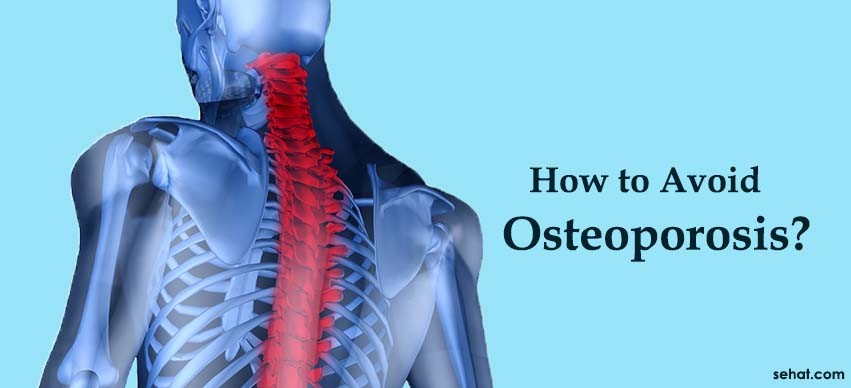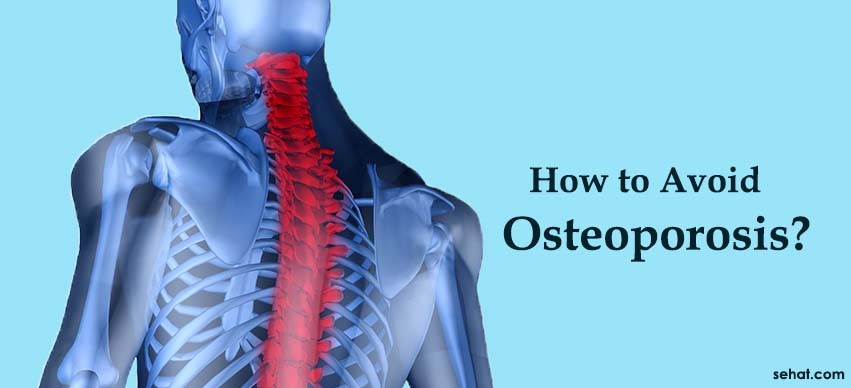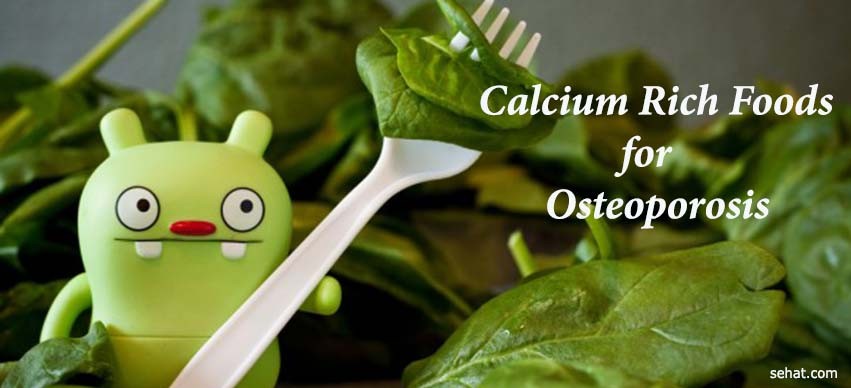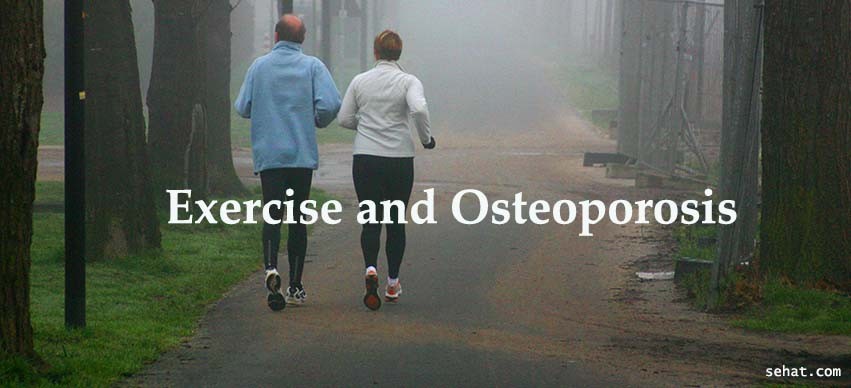Nanoparticle Therapy – An Emerging Cancer Treatment
5 Min Read


Many of you would have heard of Osteoporosis - a medical condition in which the bones become brittle and fragile from loss of tissue, mostly due to hormonal changes, or deficiency of calcium or vitamin D. Osteoporosis - meaning porous bones - leads to gradual thinning and weakening of the bones, and makes them prone to frequent fractures. Do you know that more than two million people world-wide fracture their bones every year?
While the exact cause of osteoporosis is not clearly understood, we do know how the bones become porous and weak. In the earlier stages of life, the bones in the body are broken down and replaced continuously by a process known as remodeling. After the mid-30s, the rate of breakdown of the bones becomes greater than the buildup, and bones start losing calcium faster than they can replace it. Through this article, we would like you give an insight about osteoporosis and show you ways how to avoid osteoporosis.
Osteoporosis is a common, but serious complication, and it gets more serious as you start ageing. As you grow older, you will start experiencing the effects of osteoporosis - the breaking of bones especially of the hip and spine. Osteoporosis also results in some people losing height as osteoporosis causes the bones of the spine - the vertebrae - to break affecting their posture and makes them stooped or hunched. Osteoporosis leads to a variety of health problems, and studies show us that many of the people who break their hip or spine die within a year of the surgery, while others who survive may require long-term nursing or home care.
As you know that osteoporosis is not a part of the normal ageing process, there are many ways to avoid osteoporosis. You should make a lot of effort to protect your bones throughout your life, and the process of protection should begin at a very early age - perhaps, even from childhood. Your bone health will totally depend on the manner of protection that you take, the food that you eat, and the exercises that you do.

Get enough calcium and vitamin D and eat a well balanced diet. Ensure that you get enough calcium and vitamin D needed to build strong bones. Do this when you are still young and that will keep them strong and healthy as you age. Calcium is a mineral that is absolutely vital to build bones and keep them healthy, and you should know that most of the calcium in the body is found in our bones and teeth.
Eating the right food decides the quality of health of your bones, and hence it is essential that you eat foods that are rich in Calcium, vitamin D, and other important nutrients. It is, therefore, crucial to make smart and healthy food choices. Calcium-rich foods include leafy green vegetables, dried fruit, tofu and yoghurt. Vitamin D is also important for healthy bones and teeth because it helps your body absorb calcium. Vitamin D can be found in eggs, milk and oily fish. But, the best source of vitamin D is sunlight. Eat a well-balanced diet comprising of vegetables, fruits, dairy products, and fish and you can be sure to get all the essential nutrients.
Many people have the mistaken impression that taking calcium and other supplements is the only answer to strong and healthy bones. Eat the right kind of foods, and as far as possible, avoid processed food. Studies have shown that processed foods produce biochemical and metabolic conditions in the body that decreases bone density and the strength of the bones. Other nutrients, such as omega-3 fat, K2, and magnesium, are also necessary for strong bones.
And, above all - avoid smoking and limit alcohol to 2 drinks per day.

Regular exercise is essential for the health of your bones and to maintain the right bone-health. Adults should do at least 45 minutes of moderate exercise every day, for an average of 5-6 days a week. Include a good weight-bearing exercise into your routine, as it helps build bone density of the bones of the hips and spine. Weight-bearing exercises are very effective for preventing osteoporosis - the more tension you put on your muscles, the more pressure on your bones, which helps in creating new bone.
Weight-bearing exercises and resistance exercises are important for improving the bone density and preventing osteoporosis. Weight-bearing exercises are those exercises where your feet and legs support your weight. High-impact weight-bearing exercises, such as running, skipping, and aerobics are useful ways to strengthen your muscles, ligaments and joints. But, be sure that you are wearing the right footwear with proper support when exercising. But, before you start any exercise, be sure to consult your doctor.
Are you now ready for a new regimen against osteoporosis?